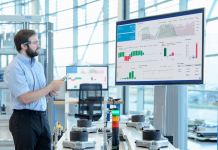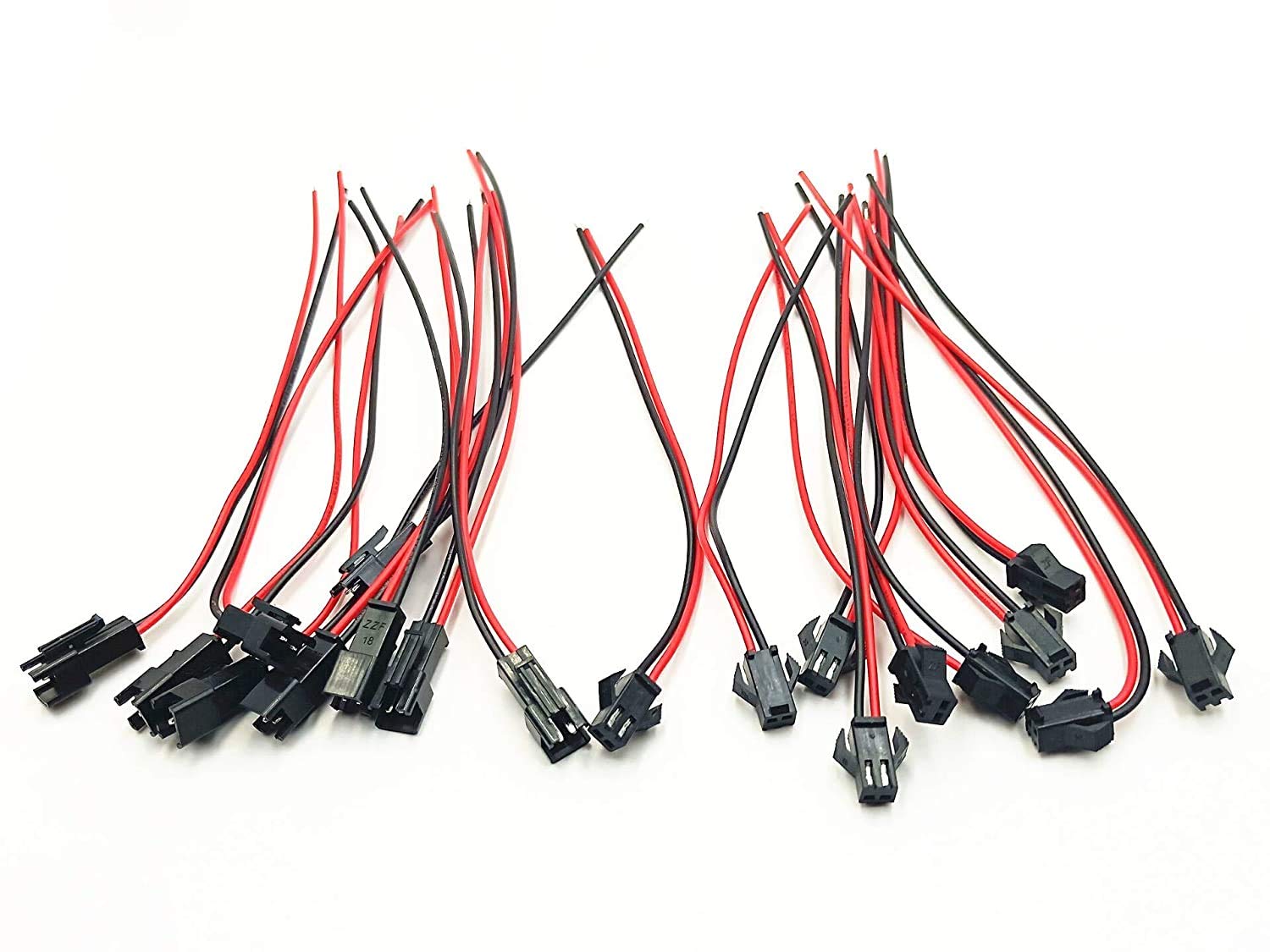The Covid 19 pandemic has been totally impartial in how it renders economies, people, nations and entire continents helpless. It has struck without distinction of caste, creed, nation or location. Nations, economies, individuals and organizations are scrambling to formulate a response in a rapidly changing scenario where every day brings forth a new set of challenges. Many are shutting down while the optimist ones are opting for company registration to start a new business.
While coping with busy professional & personal lives during the COVID-19 pandemic, we have not realised
1. crucial factor: our world has changed irrevocably. Living with the pandemic and all it’s restrictions and precautions is fast becoming the new normal and business have to learn how to respond to newer problems & challenges.
2. questions arise: Will we be able to handle it and which skills & competencies are needed to succeed in the new normal? All these and other points arise as the economy gradually opens up, organisations begin functioning from workplaces and the new normal sets in.
The main priority organisations should focus on is preparing the workforce to be future ready, keeping the following points in mind.
Inculcating Agility and Responsiveness
Trends in the business world are constantly changing and hence being agile and responsive is very important for an individual as well as an organisations. Moreover because the pandemic has forever changed the way the world works – how we consume and experience products and services ―as customers, consumers, partners, employees, and humans.
Needs of the market have evolved and agile approach & quick responses will become crucial when businesses will need to come to terms with the effect the impact of these changes. The changes will be required in the way they design, communicate, build and run the experiences that customers need and want. For them to cater to the evolved needs of the market, agile thinking and quick responses will be central to make or break a deal.
Developing Emotional Strength
Everyone is juggling multiple things at the present – on both the personal & professional front. The overlap of these roles has been quite stressful & wearing on everyone and that factor has to be taken into consideration.
Feeling stretched and frustrated while balancing both office and personal space in the current environment is very daunting and stressful, to say the least. Added to these are a heightened sense of uncertainty about career, requirement of new skills and whether one’s role is relevant in the new normal.
Especially in these situations it is crucial to be emotionally strong – from this quality organisations will learn to bounce back from challenging situations, the ability to stay focused, calm and positive, coping with stress constructively and having the emotional balance to see through your work to completion.
As WFH and new work cultures become the norm, different challenges of working & getting work done while working remotely arise, one has to engage in dialogue with new partners to deliver new products and services in a restrictive environment.
This is one way to add value to existing clients in the ecosystem similar to how LegalWiz.in partners platform offers Instamojo discount code on their portal to benefit users.
This can be streamlined with a synergistic, collaborative approach towards relationships within and across teams, within and across organisations. Communities and organisations, in the long terms, will have to inculcate this approach in their DNA, to help heal as an economy.
Building a support network that helps achieve common goals and helps us heal as a community, and as an economy.
Flexibility & Change Management
The new normal has cause disruption – the biggest source of change. As economies and businesses get disrupted on a global scale, organisations and employees need to realise the new need for being highly flexible and embrace change. They will need to click the reset button, reboot, up-skill, reskill and embrace the new normal.
We need to respond to new challenges decisively, and new approaches, skills and thought processes are needed for that. Change will need to be driven and a mainstream function to ensure continuity and the teams should be included in an empathetic manner. This will ensure a smooth transition.










